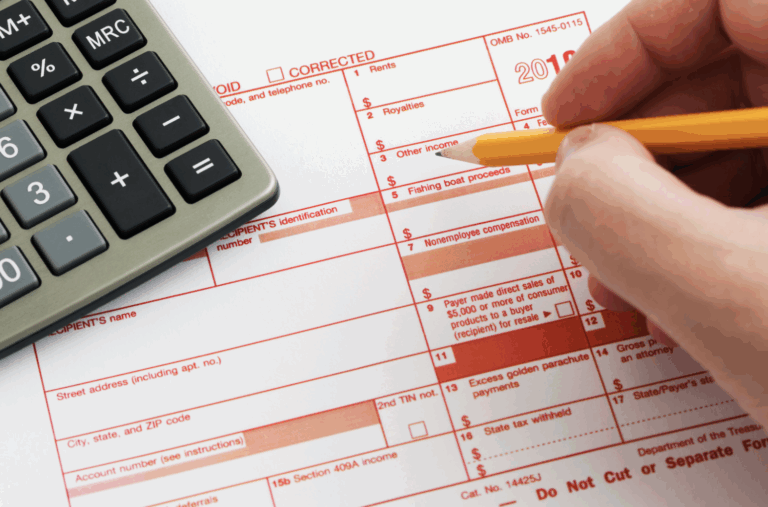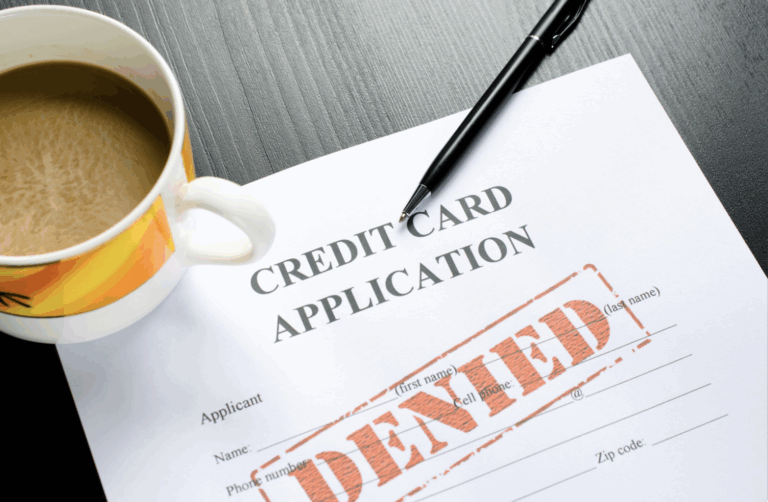Getting in over your head with debt can be scary, especially if debt collectors have threatened to sue you. However, you have certain rights and protections as a borrower that are important to know.
That includes the statute of limitations on debt, which varies by state. So if you’re a New York state resident facing a lawsuit over past-due debt, be sure you understand the New York statute of limitations on debt. Here’s what you need to know.
Understanding Statutes of Limitations on Debt
A statute of limitations on debt refers to the time limit the original lender and collection agencies have to take legal action to recover a debt, including mortgage, auto loan, or credit card debt. The statute of limitations on debt is often between three to six years, but it varies by state and could be shorter or longer. It can also depend on the type of debt you owe.
State laws also dictate when the statute of limitations period starts. For example, it begins as soon as your first missed payment on a debt in some states. In others, it might start with the last payment you made, even if it was a partial payment or the debt was already in collections.
Once the statute of limitations passes, a creditor or debt buyer can no longer sue you for a past-due or old debt. However, they can still attempt to collect the debt by other means, such as calling you or sending letters, as long as they don’t break debt collection laws. If they file a lawsuit once the statute of limitations has passed (or threaten to do so), you could be entitled to your own lawsuit.
If you’re sued for a debt after the statute of limitations has expired, it’s up to you to point out that the collector is attempting to collect time-barred debt. A court can still award a default judgment against you if you fail to show up and bring up the statute of limitations as a defense. That’s why if you are being sued over a debt, it’s crucial to understand your state’s laws and your rights as a borrower.
What Is the Statute of Limitations on Debt in NY?
It’s crucial for New York residents to understand the state’s statute of limitations because it is about to change. Typically, the statute of limitations on consumer debt in NY has been six years. However, in November 2021, New York Gov. Kathy Hochul signed legislation to cut the statute of limitations on most debt from six years to three years. The change takes effect 150 days from the date the bill was signed, which is April 7, 2022.
The provision was part of the “Consumer Credit Fairness Act,” which contains several amendments to the New York Civil Practice Law and Rules. The goal was to encourage creditors to file lawsuits to recover debt in a timely manner and protect consumers from excessive interest and fees.
In addition to reducing the six-year statute to a three-year statute, other important changes include:
- Ensuring defendants get adequate notice of a debt collection lawsuit by requiring the clerk of the court to mail a notice,
- Requiring the court filings to provide additional information about the debt in question, including proof that the plaintiff is owed that debt,
- Prohibiting reviving or extending the statute of limitations when there is new activity on the debt, such as another payment,
- And more.
While the change to the statute of limitations on debt in NY takes place in April, the rest of the provisions under the Consumer Credit Fairness Act take effect on May 6, 2022.
If you currently have delinquent debt, don’t assume that you’re in the clear once the statute of limitations expires. The statute of limitations may be much longer for some types of debt, such as back child support and alimony. Plus, debt collectors can still contact you and attempt to recover what you owe. And accounts in collections can stay on your credit report for up to seven years.
Sued by a Creditor? Here’s What You Should Know
If you have unpaid debts, a creditor or debt buyer may sue you while you’re within the statute of limitations. Not all creditors will pursue a lawsuit. But it may be more likely if you have strong income or a lot of assets.
A debt collections lawsuit begins with serving you a legal complaint and court summons. The complaint outlines why you’re being sued and what the creditor wants. It’s important that you respond to the lawsuit quickly, either personally or through an attorney. Review the court documents to determine the deadline you need to respond by. If you don’t, the court will likely issue a judgment. That’s a court order that gives the collector more aggressive means to recover a debt from you. That can include wage garnishment, freezing your bank accounts, or placing a lien against your property, for instance.
Also, keep in mind that refusing or ignoring court documents won’t stop the lawsuit from proceeding. In addition to a judgment, you could also face additional fees and penalties. So be sure to respond and take action right away.
It’s important to address a collection in court before a judgment is issued against you. Only the court can change a judgment, which is difficult to do once the case is over. Hiring an attorney can help you navigate this process and follow the proper steps. Alternatively, they may help you negotiate a debt settlement and avoid having to go to court at all.
Don’t forget that in addition to New York state laws, debt collectors must follow federal law as well. This includes the Fair Debt Collection Practices ACT (FDCPA), which provides many protections for borrowers and how debt collectors can go about attempting to collect debt.
So, speak with an attorney who knows the ins and outs of your state laws. Tayne Law Group can help New York residents navigate debt collection laws and walk you through your options. To learn more about working with a debt relief attorney, call our law office at (866) 890-7337 or fill out our short contact form to get a consultation.





